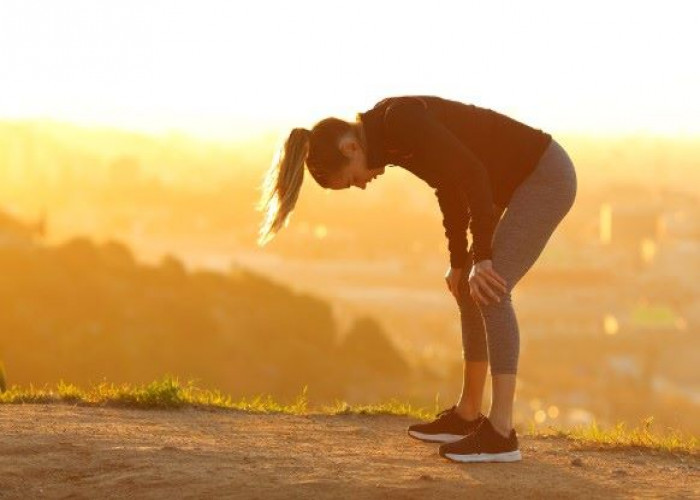 Welcome
Welcome
“May all be happy, may all be healed, may all be at peace and may no one ever suffer."
Heat exhaustion

Heat exhaustion is a condition that occurs when the body becomes overheated and dehydrated, usually due to prolonged exposure to high temperatures and/or high humidity. It is a type of heat-related illness that can range in severity from mild to severe.
Symptoms of heat exhaustion can include heavy sweating, weakness, dizziness, nausea, headache, muscle cramps, and a rapid heartbeat. In severe cases, heat exhaustion can lead to confusion, fainting, and seizures.
If you suspect someone is experiencing heat exhaustion, it is important to move them to a cooler location and have them lie down. Encourage them to drink cool water or sports drinks, and use a cool, damp cloth or mist to help lower their body temperature.
To prevent heat exhaustion, it is important to stay hydrated and avoid prolonged exposure to high temperatures. If you must be outdoors in the heat, take frequent breaks in a cool or shaded area, wear lightweight and light-colored clothing, and use sunscreen to protect your skin.
If you experience symptoms of heat exhaustion or any other heat-related illness, it is important to seek medical attention. Heat exhaustion can progress to heat stroke, a life-threatening condition that requires emergency medical treatment.
Research Papers
Disease Signs and Symptoms
- Cool skin
- Nausea or vomiting
- Muscle cramps
- Low blood pressure (hypotension)
- Rapid pulse
- Fatigue (Tiredness)
- Dizziness (vertigo)
- Dizziness, lightheadedness or faintness
- Heavy sweating (diaphoresis)
- Headaches
Disease Causes
Heat exhaustion
Your body's heat combined with environmental heat results in what's called your core temperature — your body's internal temperature. Your body needs to regulate the heat gain (and, in cold weather, heat loss) from the environment to maintain a core temperature that's normal, approximately 98.6 F (37 C).
Your body's failure to cool itself
In hot weather, your body cools itself mainly by sweating. The evaporation of your sweat regulates your body temperature. However, when you exercise strenuously or otherwise overexert in hot, humid weather, your body is less able to cool itself efficiently.
As a result, your body may develop heat cramps, the mildest form of heat-related illness. Signs and symptoms of heat cramps usually include heavy sweating, fatigue, thirst and muscle cramps. Prompt treatment usually prevents heat cramps from progressing to heat exhaustion.
You usually can treat heat cramps by drinking fluids or sports drinks containing electrolytes (Gatorade, Powerade, others), getting into cooler temperatures, such as an air-conditioned or shaded place, and resting.
Other causes
Besides hot weather and strenuous activity, other causes of heat exhaustion include:
- Dehydration, which reduces your body's ability to sweat and maintain a normal temperature
- Alcohol use, which can affect your body's ability to regulate your temperature
- Overdressing, particularly in clothes that don't allow sweat to evaporate easily
Disease Prevents
Heat exhaustion
You can take a number of precautions to prevent heat exhaustion and other heat-related illnesses. When temperatures climb, remember to:
- Wear loosefitting, lightweight clothing. Wearing excess clothing or clothing that fits tightly won't allow your body to cool properly.
- Protect against sunburn. Sunburn affects your body's ability to cool itself, so protect yourself outdoors with a wide-brimmed hat and sunglasses and use a broad-spectrum sunscreen with an SPF of at least 15. Apply sunscreen generously, and reapply every two hours — or more often if you're swimming or sweating.
- Drink plenty of fluids. Staying hydrated will help your body sweat and maintain a normal body temperature.
- Take extra precautions with certain medications. Be on the lookout for heat-related problems if you take medications that can affect your body's ability to stay hydrated and dissipate heat.
- Never leave anyone in a parked car. This is a common cause of heat-related deaths in children. When parked in the sun, the temperature in your car can rise 20 degrees Fahrenheit (more than 11 C) in 10 minutes.
- It's not safe to leave a person in a parked car in warm or hot weather, even if the windows are cracked or the car is in shade. When your car is parked, keep it locked to prevent a child from getting inside.
- Take it easy during the hottest parts of the day. If you can't avoid strenuous activity in hot weather, drink fluids and rest frequently in a cool spot. Try to schedule exercise or physical labor for cooler parts of the day, such as early morning or evening.
- Get acclimated. Limit time spent working or exercising in heat until you're conditioned to it. People who are not used to hot weather are especially susceptible to heat-related illness. It can take several weeks for your body to adjust to hot weather.
- Be cautious if you're at increased risk. If you take medications or have a condition that increases your risk of heat-related problems, such as a history of previous heat illness, avoid the heat and act quickly if you notice symptoms of overheating. If you participate in a strenuous sporting event or activity in hot weather, make sure there are medical services available in case of a heat emergency.
Disease Treatments
In most cases, you can treat heat exhaustion yourself by doing the following:
- Rest in a cool place. Getting into an air-conditioned building is best, but at the very least, find a shady spot or sit in front of a fan. Rest on your back with your legs elevated higher than your heart level.
- Drink cool fluids. Stick to water or sports drinks. Don't drink any alcoholic beverages, which can contribute to dehydration.
- Try cooling measures. If possible, take a cool shower, soak in a cool bath, or put towels soaked in cool water on your skin. If you're outdoors and not near shelter, soaking in a cool pond or stream can help bring your temperature down.
- Loosen clothing. Remove any unnecessary clothing and make sure your clothes are lightweight and nonbinding.
If you don't begin to feel better within one hour of using these treatment measures, seek prompt medical attention.
To cool your body to a normal temperature, your doctor may use these heatstroke treatment techniques:
- Immerse you in cold water. A bath of cold or ice water has been proved to be the most effective way of quickly lowering your core body temperature. The quicker you can receive cold water immersion, the less risk of death and organ damage.
- Use evaporation cooling techniques. If your core body temperature is not in the heatstroke range and if cold water immersion is not available, health care workers may try to lower your body temperature using an evaporation method. Cool water is misted on your body while warm air is fanned over you, causing the water to evaporate and cool your skin.
- Pack you with ice and cooling blankets. Another method is to wrap you in a special cooling blanket and apply ice packs to your groin, neck, back and armpits to lower your temperature.
- Give you medications to stop your shivering. If treatments to lower your body temperature make you shiver, your doctor may give you a muscle relaxant, such as a benzodiazepine. Shivering increases your body temperature, making treatment less effective.
Disease Diagnoses
Disease Allopathic Generics
Disease Ayurvedic Generics
Disease Homeopathic Generics
Disease yoga
Heat exhaustion and Learn More about Diseases
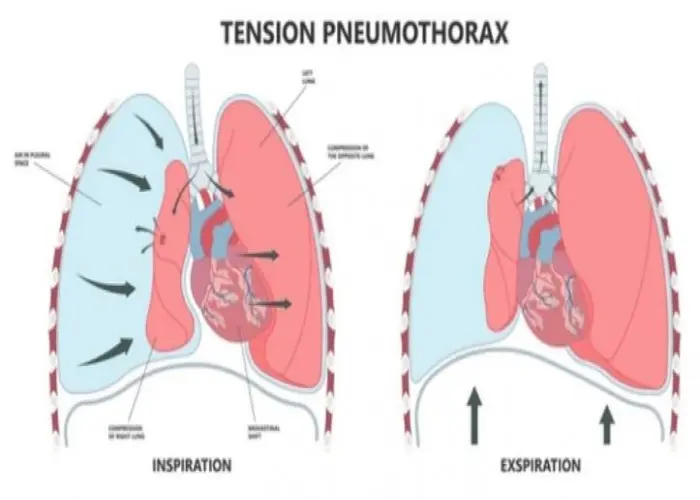
Atelectasis

Compulsive sexual behavior
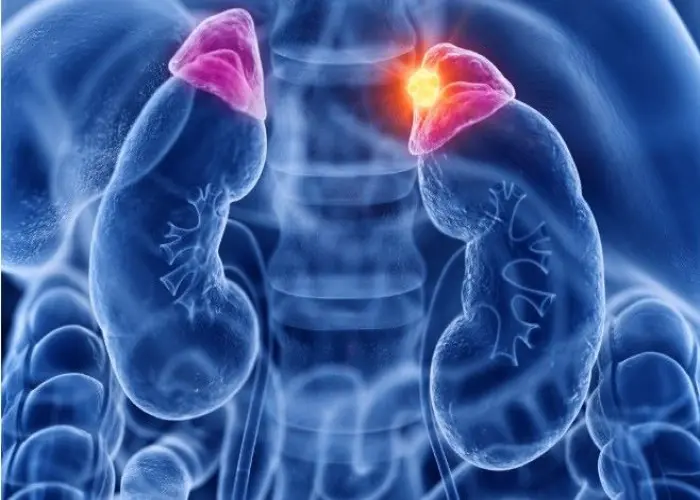
Cushing syndrome

Penicillin allergy
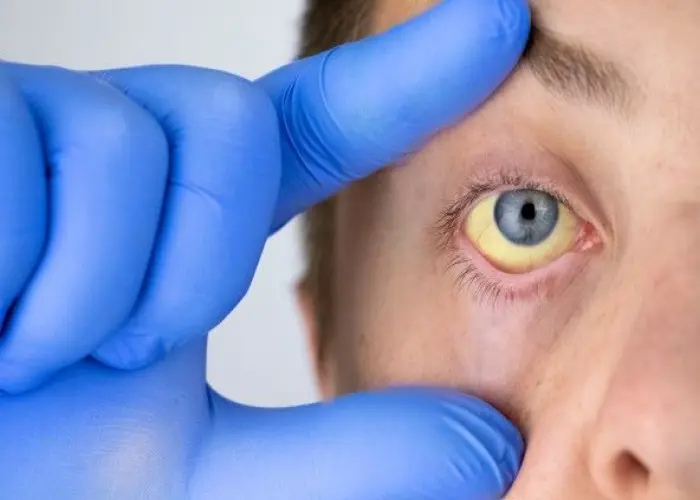
Gilbert's syndrome
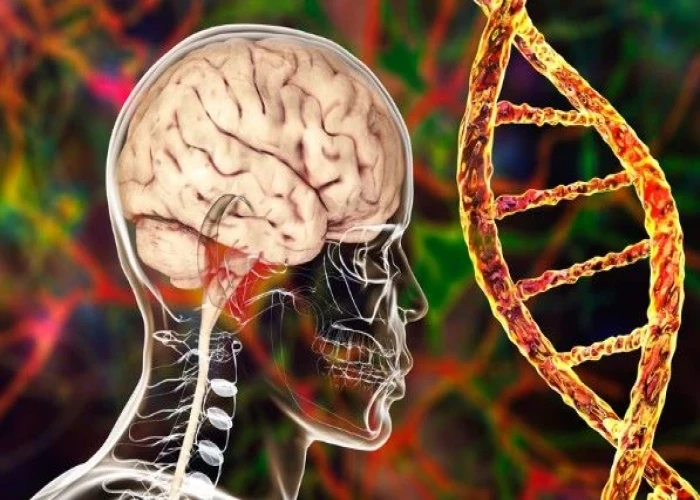
Metachromatic leukodystrophy

Heat exhaustion

Sacral dimple
heat exhaustion, তাপ নিঃশেষন
To be happy, beautiful, healthy, wealthy, hale and long-lived stay with DM3S.
